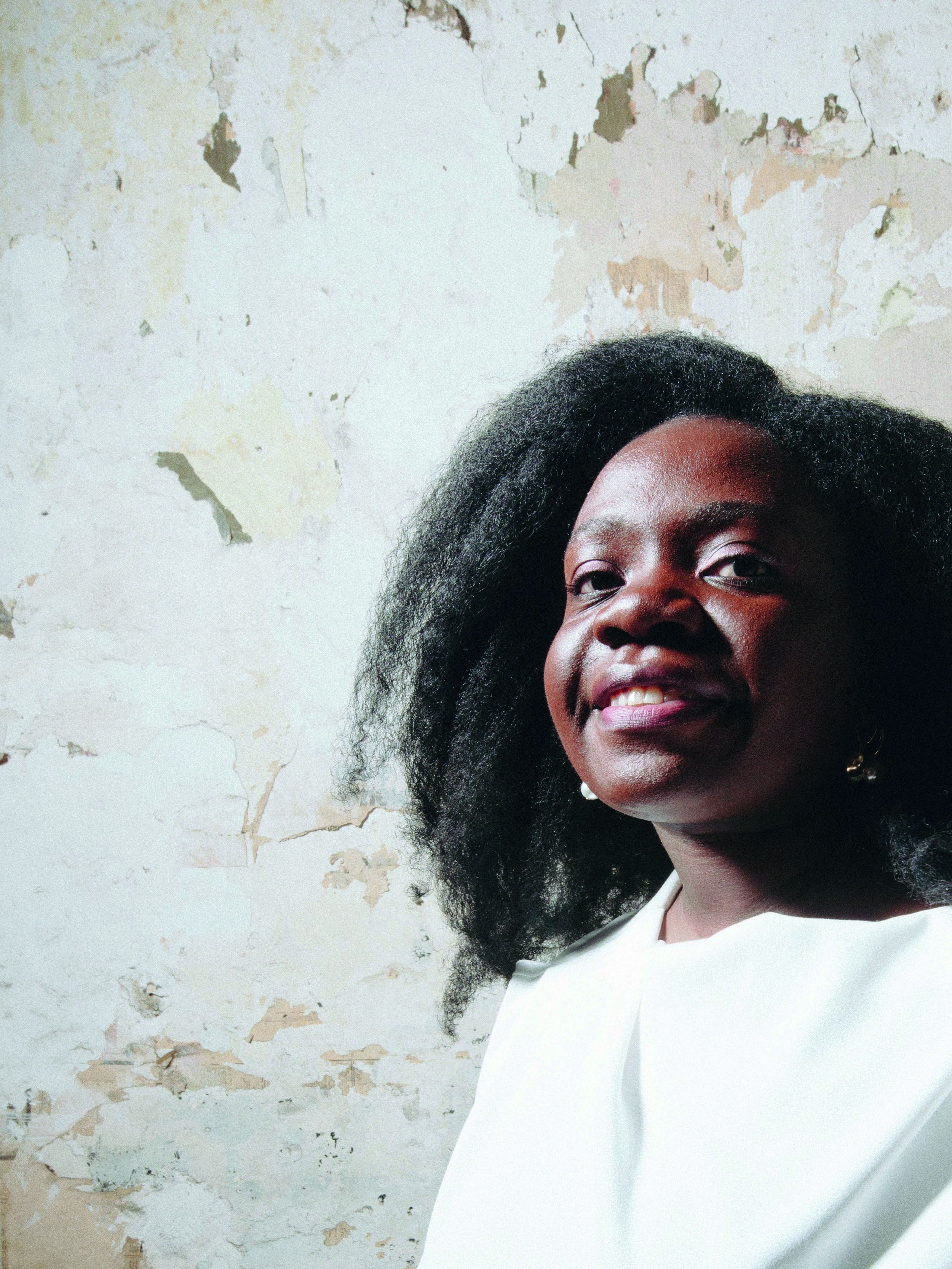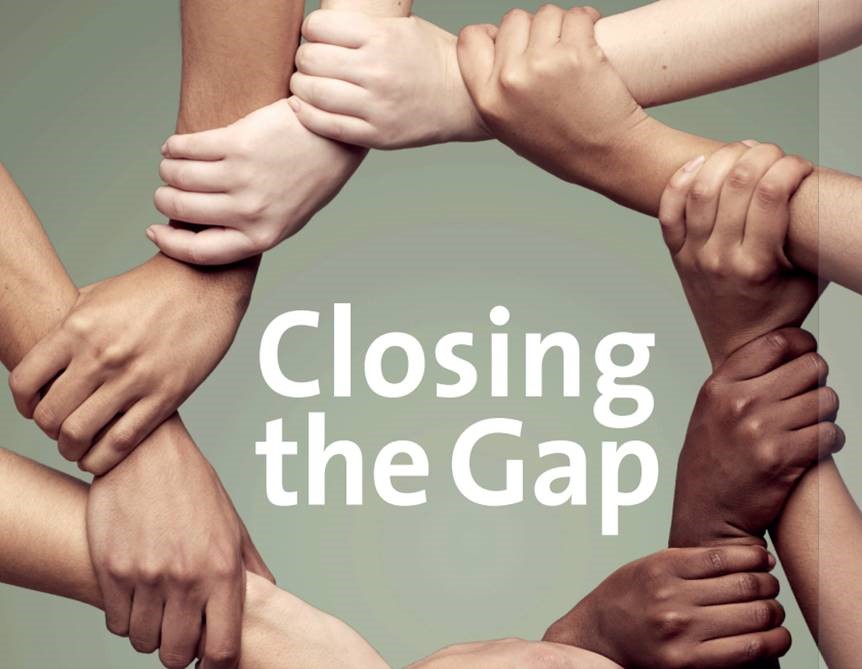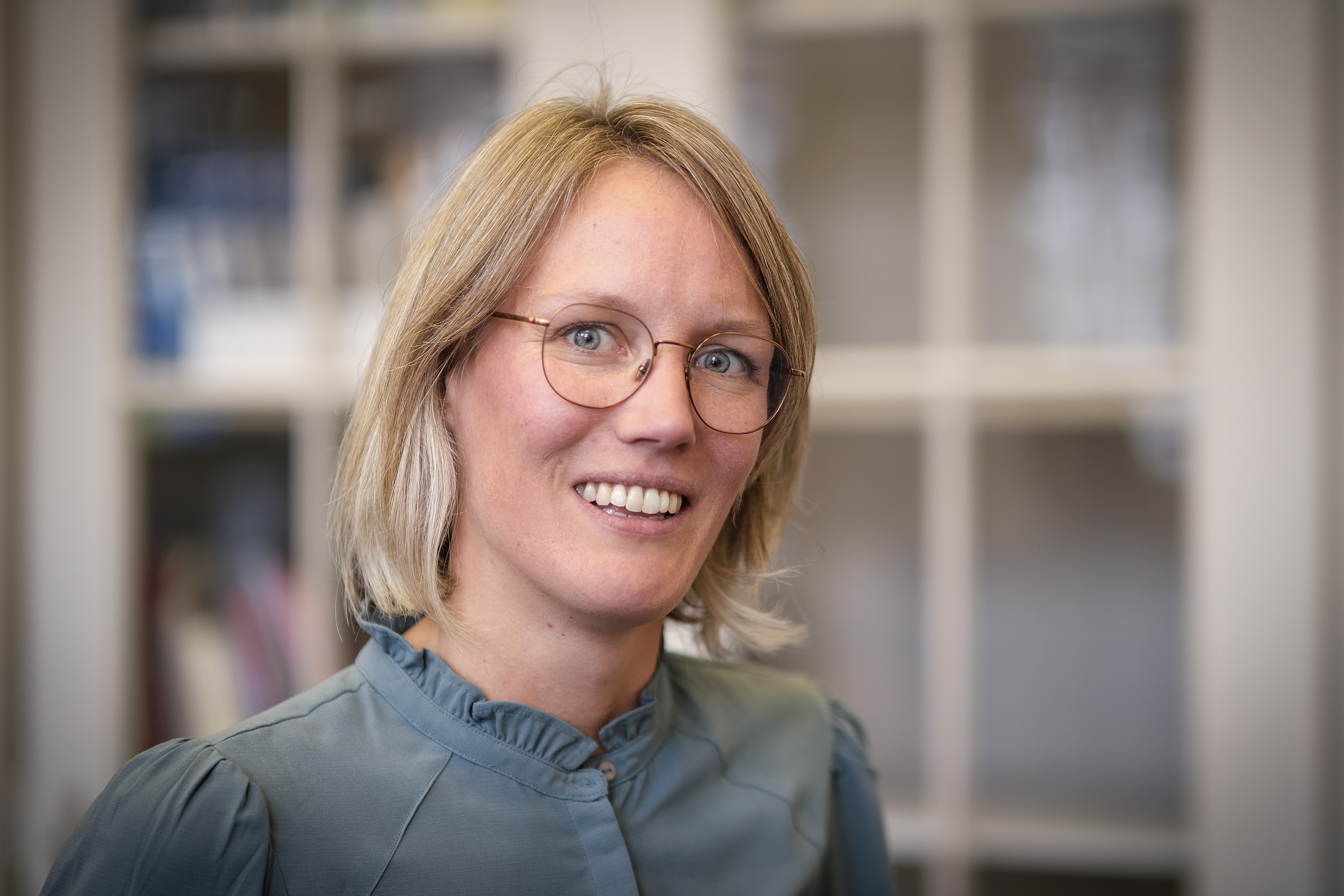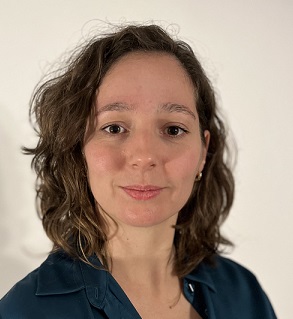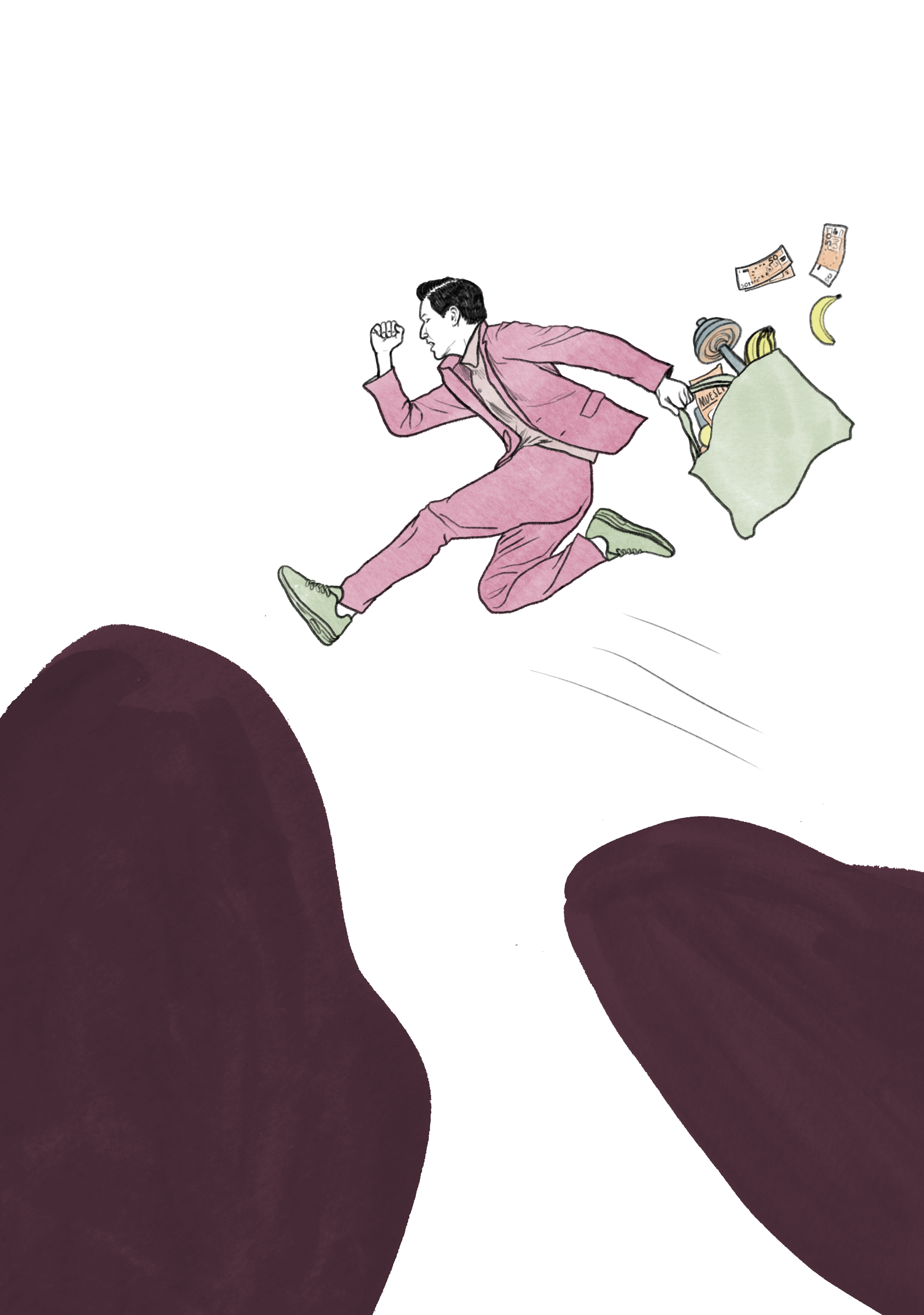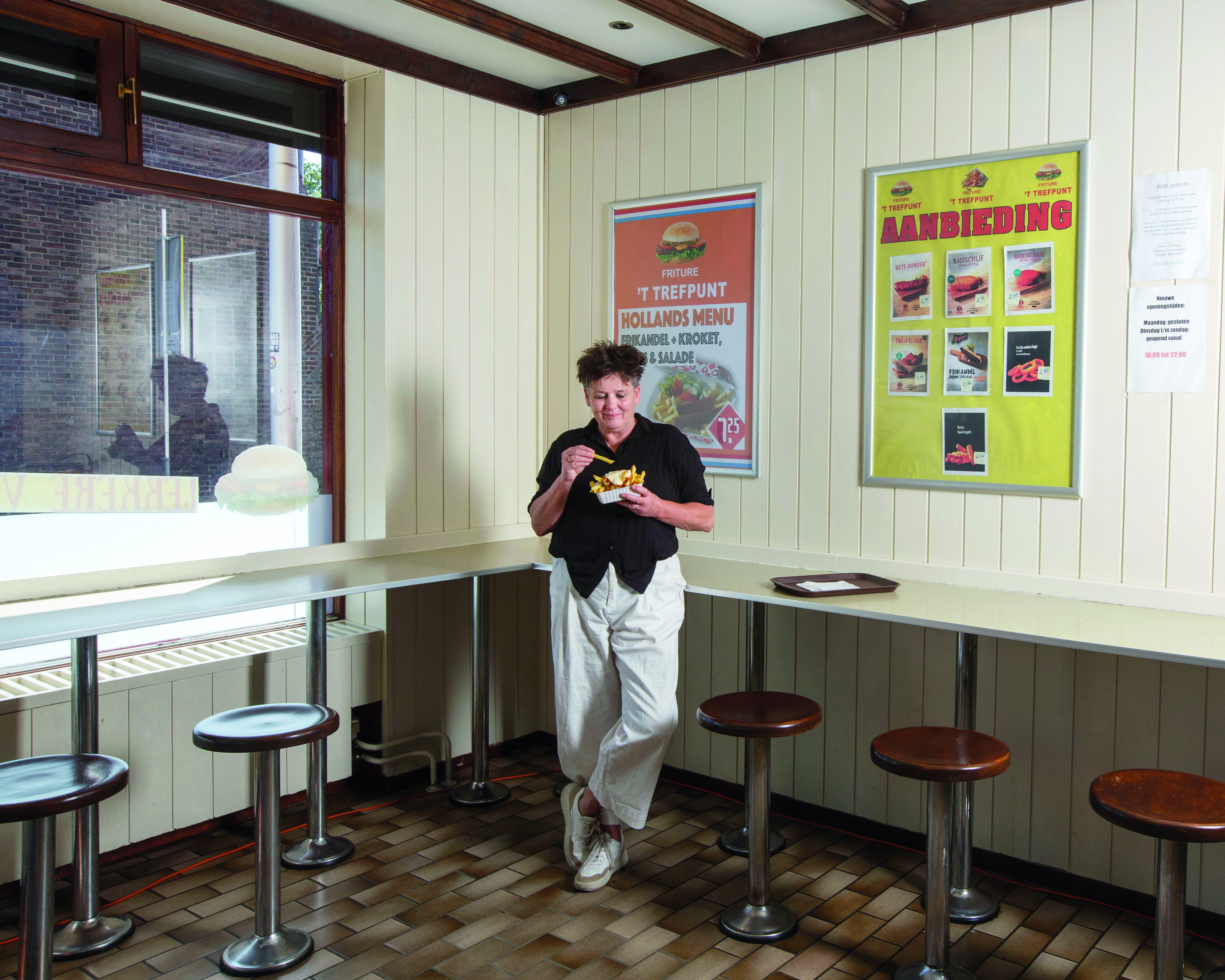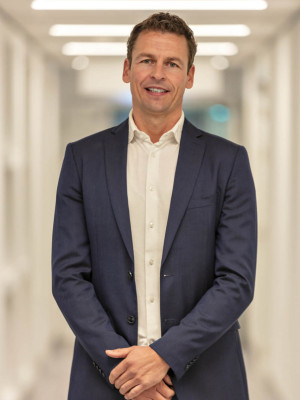News
-
Our daily bread is increasingly considered problematic. Gluten sensitivity is a complex phenomenon and while there’s nothing wrong with avoiding gluten, it is a serious restriction and not always necessary. Daisy Jonkers and Marlijne de Graaf researched the effect of expecting to consume gluten –...
-
Nozizwe Dube’s life reads like a novel. The 27-year-old was born in Zimbabwe and, at the age of 14, was reunited with her refugee mother in Belgium. Determined to fight injustice, she became the chair of the Flemish Youth Council within just a few years. She is now a PhD candidate at the Faculty of...
-
The best thesis and poster awards were presented to promising young scientists and an award of recognition to Generation R. Read more about the prizewinners.
-
A stop to migration? Setting aside the nitrogen regulations? Radically countering internationalisation in higher education? Politicians regularly make great pronouncements. To what extent are these promises realistic? Dr Karin van Leeuwen, lecturer of European Political History at the Faculty of...
-
Interview with Dr. Merel Rosemarie Aberle on her PhD thesis. Aberle tested how best to conduct research with organoids to contribute to personalised treatment.
-
Daisy Jonkers, scientific director of the NUTRIM research institute and professor of Intestinal Health, is calling for more inclusivity and diversity in scientific research. Why is this important, and how can we make research more diverse? “It’s no longer just about the number of publications or...
-
On 09 November, Maastricht University hosted the Dutch Day on Optimisation. At this one-day workshop speakers from Amsterdam, Twente and Brussels presented some of the latest research in this exciting field.
-
For Klasien Horstman, professor of Philosophy of Public Health, science is the “realm of freedom.” Unfortunately, reality is more intractable. She is irritated by the patronising lifestyle interventions imposed top-down on groups that have been epidemiologically classified as high risk. “The ‘you...
-
The number of people living with overweight and obesity continues to rise.
-
Extreme weather events are becoming more frequent because of climate change. Not only does that cause a lot of forced migration, it also puts millions of refugees at risk. UNU-MERIT senior research fellow Sonja Fransen combines two major societal issues.

